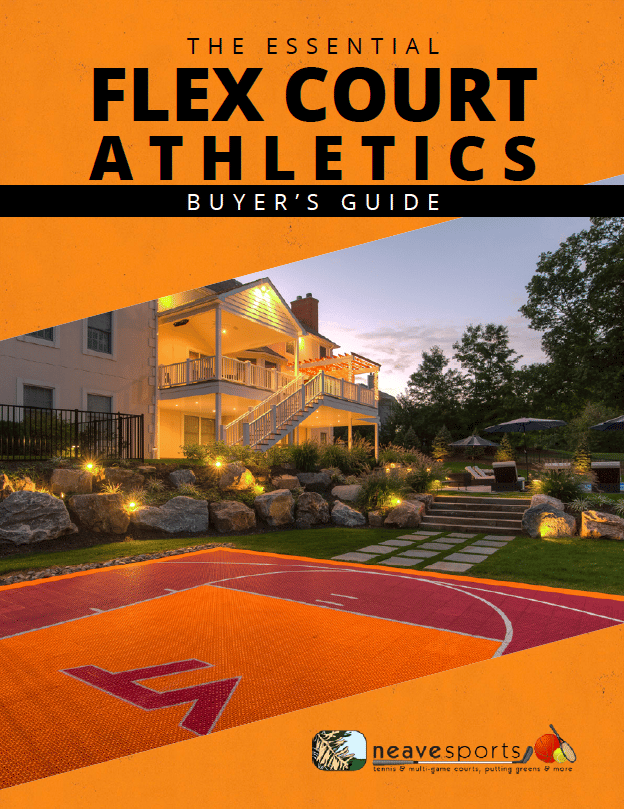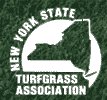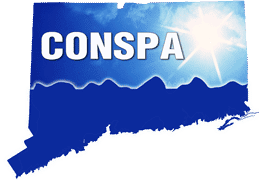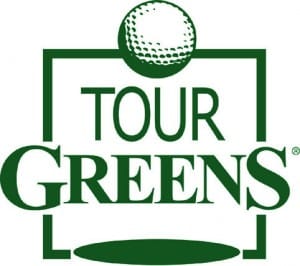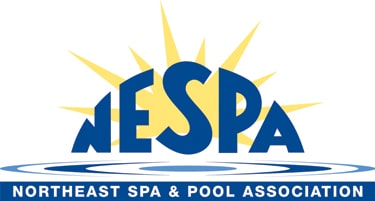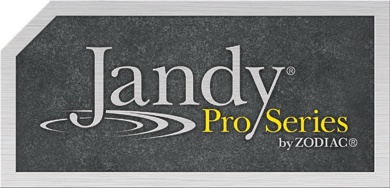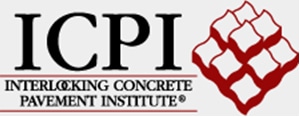So you’ve decided to install a Flex Court basketball court, tennis court or multi-game court. Good choice. A sports court tiles’ cushioned surface is engineered to be more forgiving than concrete or asphalt.
This shock-absorbing, suspended surface actually helps alleviate lower back, knee and ankle pain and reduce playing fatigue.
Flex Court’s interlocking tiles snap easily into place, so you’ll be out on the court in no time! But first things first: what is the best base surface to go underneath those Flex Court tiles? Let’s take a look at your top three options for Fsurface.
Concrete
Concrete is the experts’ first choice. It’s the most expensive, but the investment pays off in the end with great durability and ball play.
Advantages
Concrete offers the best hard surface, which means the best ball response when you’re out on the court.
Also, you can pour it to fit the court space exactly. And any anchors to hold poles for nets and hoops can be installed when the concrete is poured — it’s a one-shot deal.
It also offers the longest life. If it’s poured right and includes fiber or wire mesh for strength, concrete can last 60 years, with no maintenance.
Disadvantages
Concrete is the most expensive base surface.
Asphalt
Asphalt is the second best option. It’s a good mid-price choice but has a couple drawbacks.
Advantages
Asphalt is less expensive than concrete. It also offers a hard surface for good ball response. It can last as long as concrete, but not without some repairs down the road.
Disadvantages
Just like city streets, an asphalt base surface will crack after a few years. You’ll need to pull up the Flex Court tiles, patch the cracks and put the tiles back in place.
After the asphalt is poured, a big roller machine comes in to flatten it or “pancake it out,” as the professionals call it. You’ll need to have room in your yard or on your site for the machinery.
When the roller flattens the two inches of hot asphalt, the asphalt oozes out at the corners, so the edges aren’t as clean as with concrete. You might see bits of the asphalt peeking out from the corners of your court.
Crushed Stone
Compacted crushed stone is the experts’ third choice. It’s inexpensive, involving just six to 10 inches of crushed stone that’s poured, compacted, then watered down well.
Advantages
Crushed stone is the least expensive option. It’s also pervious, which means water can drain through it. Some homeowners associations and municipalities require that a certain percentage of a yard or site be pervious.
Crushed stone is a good option if you don’t want the court to be permanent. Maybe you only want it until your kids are grown and out of the house, then you plan to install sod or landscape. You can do that easily with crushed stone, but not so easily with asphalt or concrete.
Disadvantages
Repeated freezing and thawing can cause the stone to undulate, creating an uneven surface. You’ll have to pull off the tiles, compact the stone and put the tiles back in place.
Flex Court Basics — What You Need To Know
Flex Court’s interlocking tiles snap into place over your base surface. Your court takes just a few hours to install. You can quickly start enjoying all the benefits of a Flex Court surface.
The all-weather surface is designed to expand and contract to fit every climate condition without affecting performance, and the 3/4-inch thick, co-polymer surface reduces stress on the joints, significantly cutting down the risk of sports-related injuries. Tennis players report they can comfortably play 25 percent longer on Flex Court tile than on concrete courts.
You can expect to save at least 50 percent in maintenance costs when compared to regular court surfaces.
The self-draining design of Flex Court premium tiles is designed to dry quickly, reducing dangerous standing water and puddles to make them safer. And Flex Court surfaces radiate far less heat than a traditional outdoor surface, increasing comfort during hot summer days.
All outdoor Flex Court surfaces come with a 16-year manufacturer direct warranty and a life expectancy of 25 to 30 years. If any of the tiles become damaged, you can simply replace those specific tiles instead of doing a complete court replacement.
Let Neave Install Your Outdoor Sports Tiles
Neave Sports can handle your Flex Court basketball, tennis or multi-game court installation from start to finish. From securing proper building permits to preparing the terrain, installing the base surface and outdoor sports tiles to adding lighting and surrounding landscaping, we do it all. We can even provide the high-quality hoops and nets for your court.
If you’re in the Hudson Valley, call us at (845) 463-0592. If you’re in Westchester County, call (914) 271-7996; from Connecticut, dial (203) 212-4800. Or, fill out our simple web form, and we’ll contact you about setting up your free consultation.
